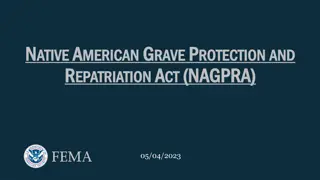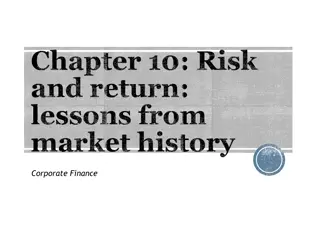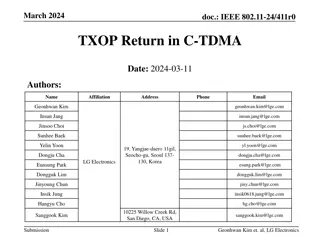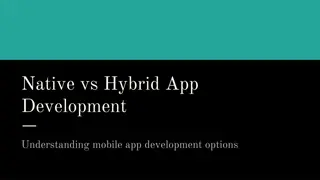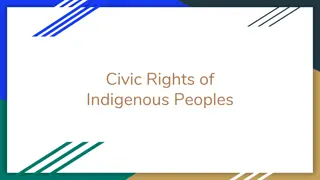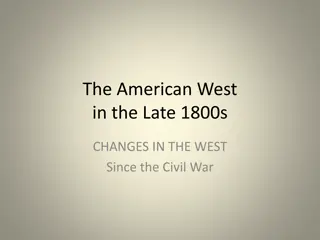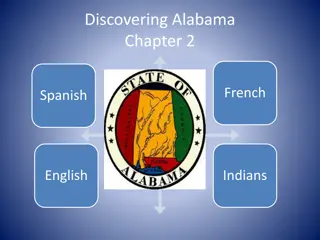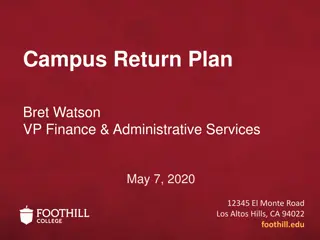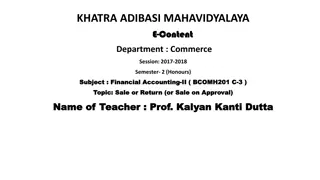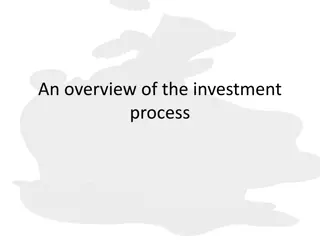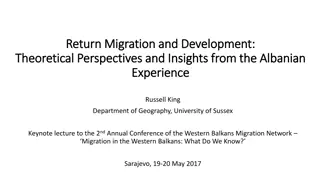Lesson Overview: The Return of the Native Unit-12
In this lesson, students will explore the text "The Return of the Native" focusing on learning outcomes like reading comprehension, vocabulary acquisition, questioning techniques, and writing skills. The lesson also introduces new words and encourages critical thinking through individual work activities. The content is designed to enhance students' understanding of English literature and language concepts.
Download Presentation

Please find below an Image/Link to download the presentation.
The content on the website is provided AS IS for your information and personal use only. It may not be sold, licensed, or shared on other websites without obtaining consent from the author. Download presentation by click this link. If you encounter any issues during the download, it is possible that the publisher has removed the file from their server.
E N D
Presentation Transcript
Conducted by- Md. Abdul Alim Asst. Teacher South Ballavpur High School and College Chhagalnaiya, Feni. Class: Nine/Ten Sub: English First Paper
Look at the pictures. What do you see in the picture? Why do people do this things?
Look at the another picture What do you see in the pictures? Michael Madhusudan Dutt. Kopotaksha Kopotaksha Nad Nad
Our todays lesson is The return of the native Unit-12 Lesson-03
Learning outcomes: After completing the lesson students will be able to..... 1. read and understand the text; 2. say some new words with meaning; 3. ask and answer questions; 4. write answers to question.
Now, we will learn some new words. inborn Native playwright Dramatist desire Aspire
anger Ire Recognized acknowledgement copy Imitate
Individual Work Q Q- -01 01, Choose the best answer from the alternatives , Choose the best answer from the alternatives (a) Kopotaksha Nad is a -----------------. i) drama ii) story iii) sonnet iv) lyric (b) Dutt. regretted his----------for English society. i) fascination ii) fame iii) reputation iv) hatred (c) The English did not---------------Dutt s creative genius. i) dislike ii) honour iii) reject iv) receive (d) The word receptive means----------- i) willing ii) accessible iiii) sensitive iv) disinterested
Individual Work 01, Choose the best answer from the alternatives , Choose the best answer from the alternatives Q Q- -01 (e) The word sophisticated means-------------. i) worldly ii) rustic iii) native iv) lower-class In the passage the word desire has been used as a/an . i) noun ii) verb iii) adjective iv) pronoun (g) Madhusudan hails from . i) Jessore ii) Kopotaksho river iii) Kolkata iv) Europe
Group Work Q Q- -02, Answering Question 02, Answering Question Look at the question 1. When and where was Michael Madhusudan Dutt born? Ans: Michael Madhusudan Dutt was born in the 19th century in Sagordari on the bank of the Kopotaksha River, a village in Keshobpur Upazila under Joshore district. 2. What was the impect of Kopotaksho Nad ? Ans: The impect of Kopotaksho Nad was that it earned him huge reputation in Bangladesh. 3. What was the ambition of Michael Madhusudan Dutt in early age? Ans: In early age, the ambition of Michael Madhusudan Dutt was to be an Englishman in form and manner.
Group Work Q Q- -02, Answering Question 02, Answering Question Look at the question 4. How was Michel s higher level intellectual ability exposed? Ans: Michael s higher level of intellectual ability was exposed through his poetry and drama. 5. Why did Dutt use to believe that he was born on the wrong side of the planet? Ans: Dutt used to believe that he was born on the wrong side of the planet because he thought that his society was unable to appreciate his intellect and the West would be more receptive to his creative genius.
Home Home Work Work 2. Answer the following questions. a) Who is Michael Madhusudan? b) What do know about Madhusudan s parents? c) What inspired Madhusudan to be an English? d) Describe Madhusudan s early attitude towards his native land. e) What was the realization of Madhusudan at last?



